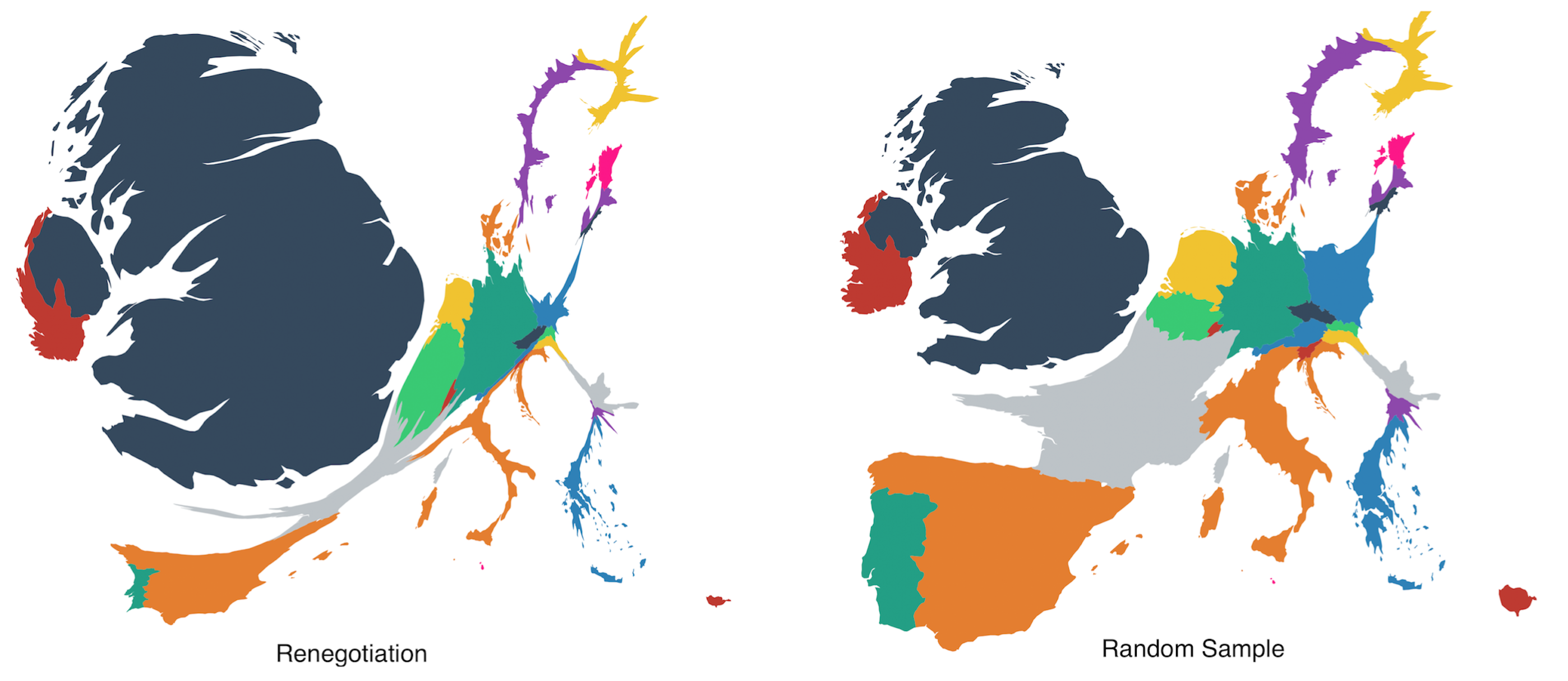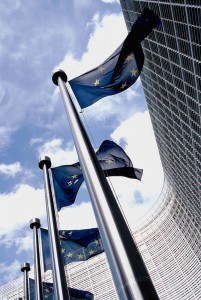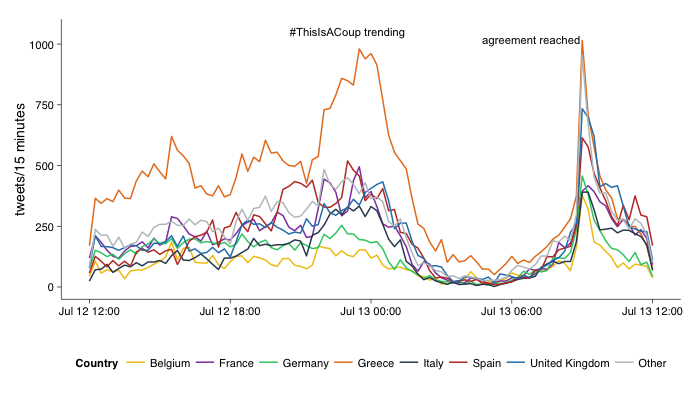By Kanad Bagchi
Against the backdrop of acute political instability, civil war, the loss of Crimea, and a debilitating state of public finances, Ukraine remarkably secured a debt restructuring deal with its international bondholders on 27th August 2015, potentially augmenting its case for a $40bn bailout from the International Monetary Fund. The restructuring package envisaged a principal reduction of around 20% of the total $18bn debt outstanding along with a debt rescheduling arrangement until 2019. The deal has been vociferously hailed as a ‘significant milestone’ and one, which is likely to restore the ‘debt sustainability’ of the Ukrainian government. Amidst a cohort of international financial institutions, including Franklin Templeton, BTG Pactual, Rowe Price et al, agreeing to the haircut, Russia, which holds $3bn worth of those US dollar dominated bonds (just ‘bonds’ hereafter), refused to  participate in the negotiations and insisted on being repaid in full. Both countries, having dilly-dallied for weeks since the initial restructuring deal, are now considering to resolve their dispute over the debt in a London court. In this regard, the bond agreements are governed by English law and are subjected to the jurisdiction of British Courts. Political skirmishes aside, this post considers some of the intricate questions connected with sovereign debt enforcement in general and speculates on the likely set of legal issues arising out of the present dispute in particular.
participate in the negotiations and insisted on being repaid in full. Both countries, having dilly-dallied for weeks since the initial restructuring deal, are now considering to resolve their dispute over the debt in a London court. In this regard, the bond agreements are governed by English law and are subjected to the jurisdiction of British Courts. Political skirmishes aside, this post considers some of the intricate questions connected with sovereign debt enforcement in general and speculates on the likely set of legal issues arising out of the present dispute in particular.
One of the main sticking points of the present controversy relates to the nature and scope of the bonds that were issued by the Ukrainian government, and in particular whether these count as official or private debt. The distinction is important for two specific reasons. First, Russia can validly insist on restructuring of official debt under the umbrella of the Paris Club, as opposed to the recently agreed private creditor-debtor arrangement. Second, legal defenses available to Ukraine in a debt enforcement action by Russia would vary substantially depending on the form and substance of the bonds and whether these are categorized as official or private debt.
Bilateral State Loan or Private Debt?
If the matter reaches the English courts, a ruling on the status of the debt becomes imperative. For starters, the Russian government acquired the entire 3 billion worth of Ukrainian government issued bonds, as a partial fulfillment of a previously agreed loan disbursement to the erstwhile government of Ukraine under President Viktor Yanukovych. Reports suggest that an artificially low interest rate of 5% was agreed on the bonds, when the market, admittedly was demanding far higher rates. In addition to that, a debt acceleration clause giving Russia the option of immediately reclaiming the entirety of the funds, in the event of Ukraine’s debt to GDP ratio exceeding 60%, posits an unusually compromising financing arrangement, further confounding the distinction between private and official debt. In the author’s opinion, the peculiarities of the transaction highlight the fact that the bond issue and its purchase was both creditor specific and materially distinct, in as much as the Russian initiative lacked a purely commercial motive and a profit rationale. Such unconventional issues of securities add a strategic, if not a completely official flavor to the transaction, thereby admitting a characterization of the bonds as official sector debt, regardless of its form. That said, the present indeterminacy has nonetheless stimulated an intensely polarized debate amongst academics and practitioners alike and one hopes that a court decision will infuse more clarity and coherence on an issue, which is both novel and unprecedented. (For a fuller exposition of the debate, see here and here).







 pproach towards restructuring to be implemented in pursuance of ‘national policies and circumstances’. It also underscores the importance of ‘good faith’ in debt restructuring negotiations between creditors and sovereign debtors in exploring sustainable results. It then goes on to declare nine principles, namely, sovereignty, good faith, transparency, impartiality, equitable treatment, sovereign immunity, legitimacy, sustainability and majority restructuring, which ought to guide debt-restructuring processes in the future. The author concerns himself with four of those principles in an effort to produce more clarity and coherence with the ultimate aim of shaping their scope and content.
pproach towards restructuring to be implemented in pursuance of ‘national policies and circumstances’. It also underscores the importance of ‘good faith’ in debt restructuring negotiations between creditors and sovereign debtors in exploring sustainable results. It then goes on to declare nine principles, namely, sovereignty, good faith, transparency, impartiality, equitable treatment, sovereign immunity, legitimacy, sustainability and majority restructuring, which ought to guide debt-restructuring processes in the future. The author concerns himself with four of those principles in an effort to produce more clarity and coherence with the ultimate aim of shaping their scope and content. 


